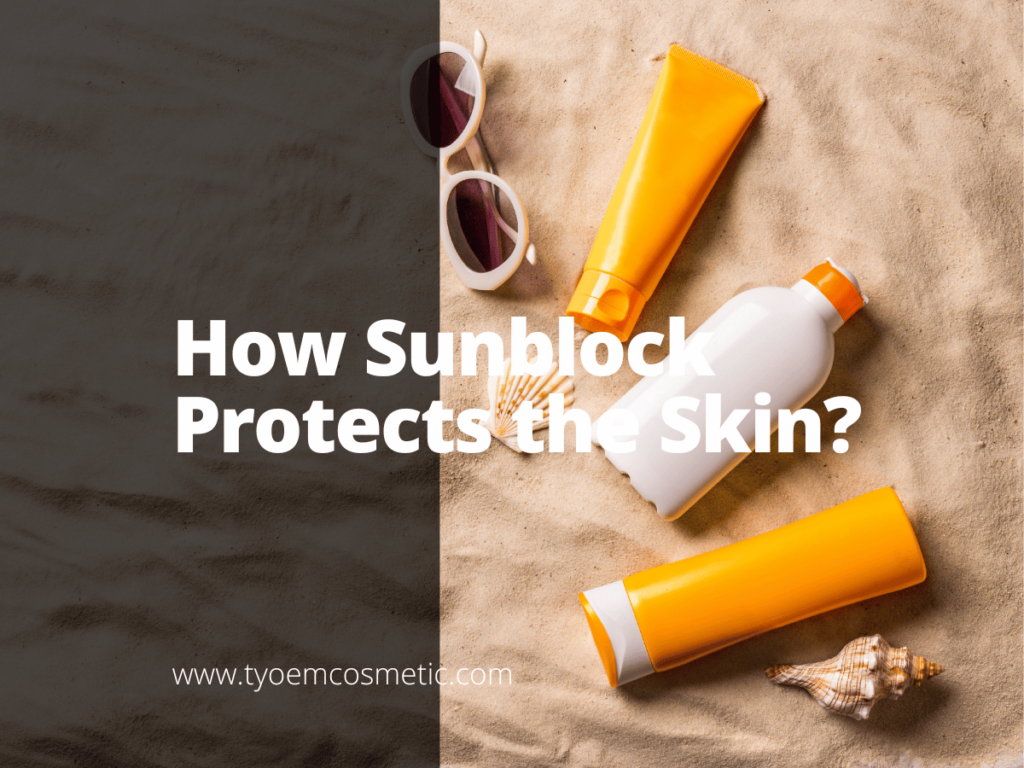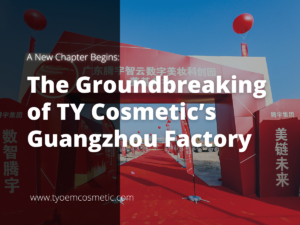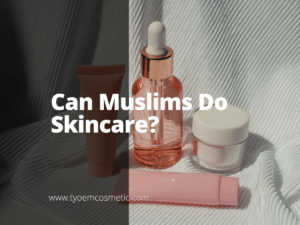How does sunblock protect the skin? Sunblock provides a protective barrier that minimizes the skin’s exposure to harmful ultraviolet rays, crucial for preventing skin damage and enhancing long-term skin health.
Drawing from extensive expertise in dermatological health and skincare innovation, this article delivers professional insights that are both practical and scientifically backed.
In this guide, you will explore the science behind sunblock formulations, the impact of various SPF levels on skin health, and effective application techniques for maximum protection. We’ll also discuss strategies for skincare brands to educate consumers and enhance product offerings.
In this guide, you will explore the science behind sunblock formulations, the impact of various SPF levels on skin health, and strategies for integrating sun protection products into your skincare line or business offerings.
Boost your product knowledge now!
1. Brief Overview of Sunblock
Sunblock is a vital skincare product, acts as a protective layer against the sun’s harmful ultraviolet (UV) rays. It works by either absorbing or reflecting these rays, thereby safeguarding the skin from potential damage. This is crucial for maintaining healthy skin, as excessive sun exposure can lead to severe issues such as sunburn and long-term skin damage.
Now, this is important, regular use of sunblock not only prevents sunburn but also plays a significant role in warding off skin aging and cancer risks. With a variety of formulations available, from creams to sprays, sunblock offers a practical solution to integrate into any skincare regimen, ensuring daily protection that is both effective and convenient.
2. Mechanisms of Sunblock on Skin
Sunblock protects skin by employing 2 main types of active ingredients: chemical absorbers and physical blockers. Chemical absorbers soak up harmful UV rays before they can penetrate the skin, while physical blockers, like zinc oxide or titanium dioxide, act as a shield by reflecting and scattering UV radiation away from the skin.
This dual approach ensures comprehensive protection against both UVA and UVB rays, which are responsible for premature aging and sunburn, respectively. This makes them a reliable choice for anyone looking to protect their skin from the harsh impacts of sun exposure. Amazing isn’t it?

3. Benefits of Regular Sunblock Use
Following our exploration of how sunblock protects the skin, it’s clear that its benefits extend far beyond simple surface-level protection. Regular application of sunblock plays a crucial role in maintaining long-term skin health and aesthetics. Here are the key benefits:
Prevents Premature Aging
Regular use of sunblock from TY Cosmetic helps maintain youthful skin texture and appearance. It effectively blocks UV rays that accelerate the aging process, preventing wrinkles and sun spots that can make skin look older than it is. Additionally, it provides a layer of protection that supports the skin’s natural resilience against environmental stressors.
Reduces Risk of Skin Cancer
Regular use of sunblock significantly reduces the risk of skin cancers, including melanoma. It protects the skin by blocking harmful UV radiation, serving as an essential defense against these potential malignancies. It’s a simple step that can have profound health benefits, safeguarding the skin for years to come.
Protects Against Sunburn
Applying sunblock effectively prevents the redness, pain, and damage associated with sunburn. It forms a barrier that limits the penetration of UV rays, which can lead to severe skin damage over time. Consistent use also helps preserve skin elasticity, keeping it healthy and vibrant.
Maintains Even Skin Tone
Sunblock is essential for preventing discoloration and dark spots caused by sun damage, helping to maintain a more even skin tone. From my personal experience, incorporating a quality sunblock into daily skincare routine can make a noticeable difference. This is particularly crucial for anyone who values a clear and uniform complexion, ensuring their skin looks its best.
Enhances Skin Health
Consistent use of sunblock helps keep skin in top condition. It protects essential skin proteins like collagen, keratin, and elastin from UV damage, which are crucial for maintaining smooth and healthy skin. By shielding these proteins, sunblock enhances skin’s overall texture and resilience.
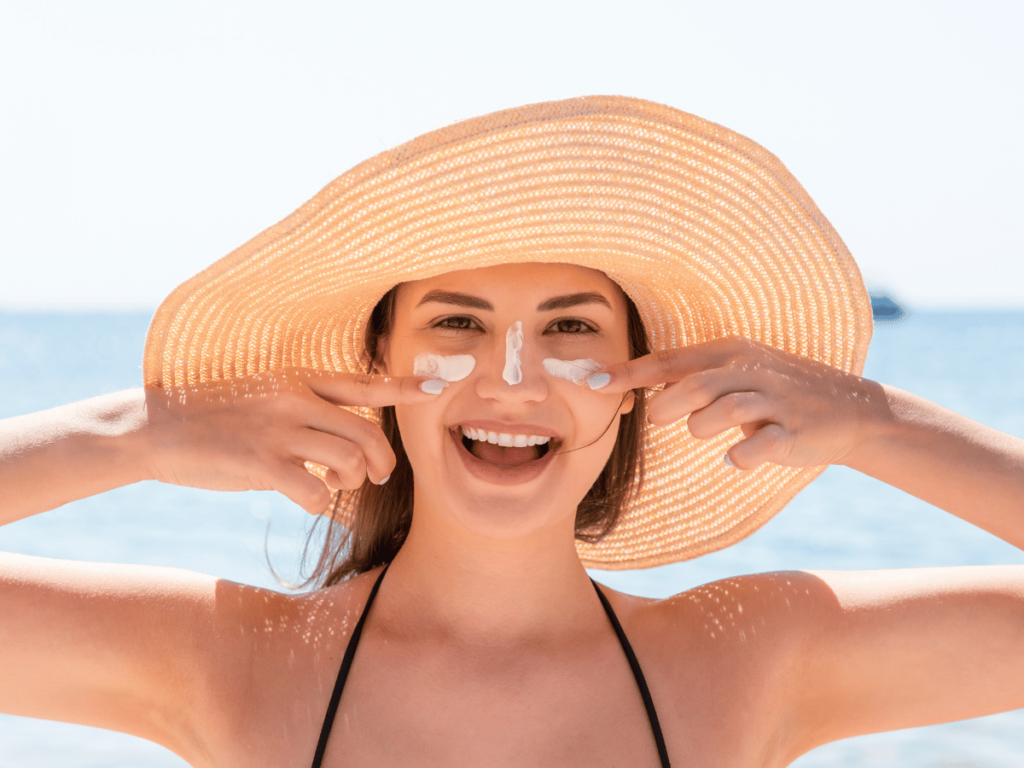
4. Different Forms of Sunblock
After exploring the benefits of using sunblock, it’s important to consider the different forms available, which cater to diverse preferences and usage scenarios. Here are some of the most popular forms you’ll encounter:
Lotions
Sunblock lotions are perhaps the most traditional form, known for their ease of application over large areas of the body. They are hydrating, which makes them beneficial for dry skin, and they often contain moisturizing ingredients to nourish the skin while protecting it.
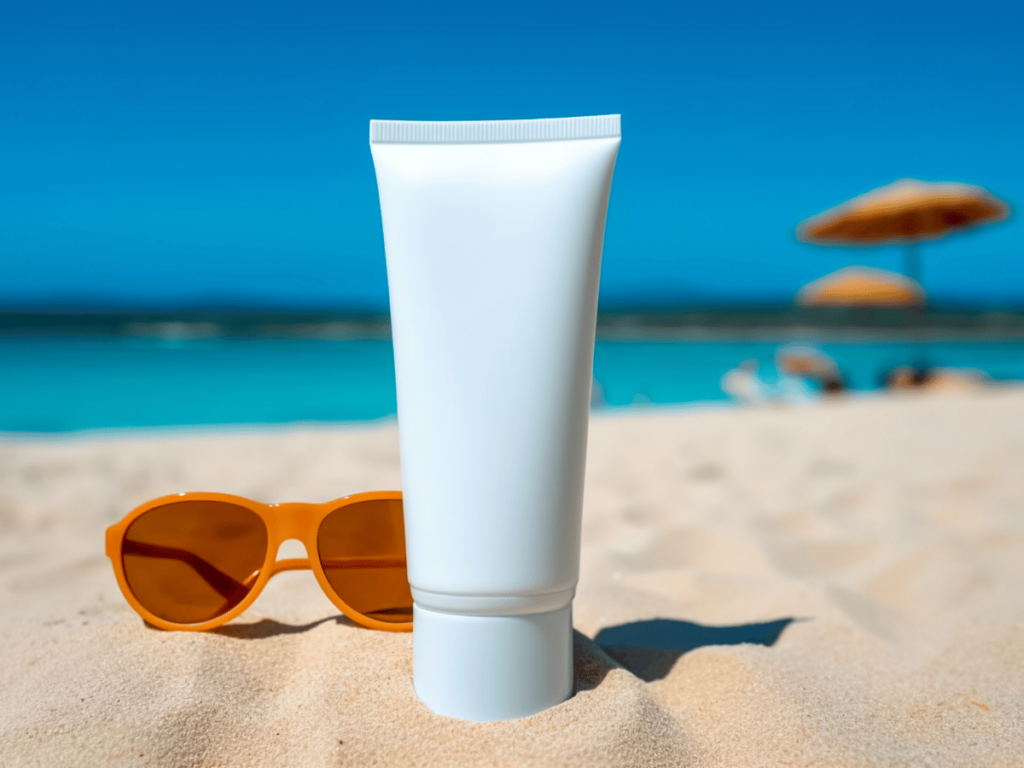
Sprays
Sunblock sprays offer a convenient application, making them a favorite for quick reapplications, especially when outdoors. They cover large areas quickly and evenly but should be used with caution to avoid inhalation and ensure adequate skin coverage.

Sticks
Sunblock sticks are great for targeted application in sensitive areas such as the face, ears, and around the eyes. They’re compact and mess-free, ideal for on-the-go use and for children who might be fidgety during application.
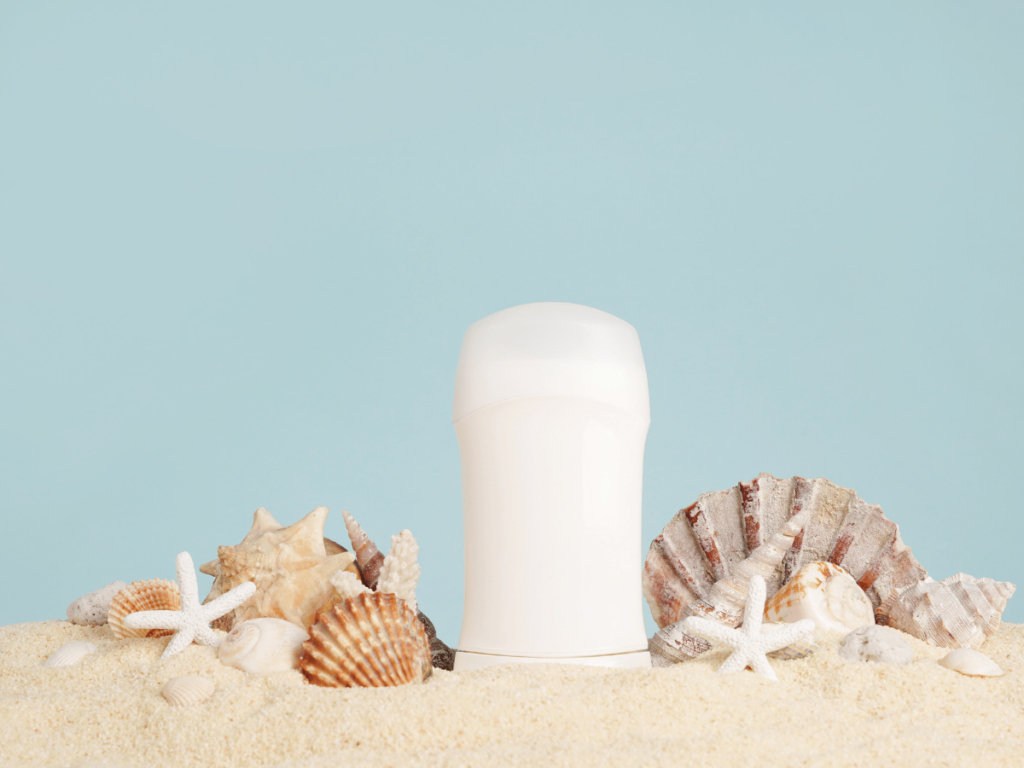
Gels
Gels are particularly favored by those with oily or acne-prone skin due to their lightweight and non-greasy nature. They absorb quickly into the skin and often provide a cooling effect, which is refreshing in hot weather. And the best part is, these formulations are not just comfortable, they are also highly effective in delivering active ingredients without clogging pores.
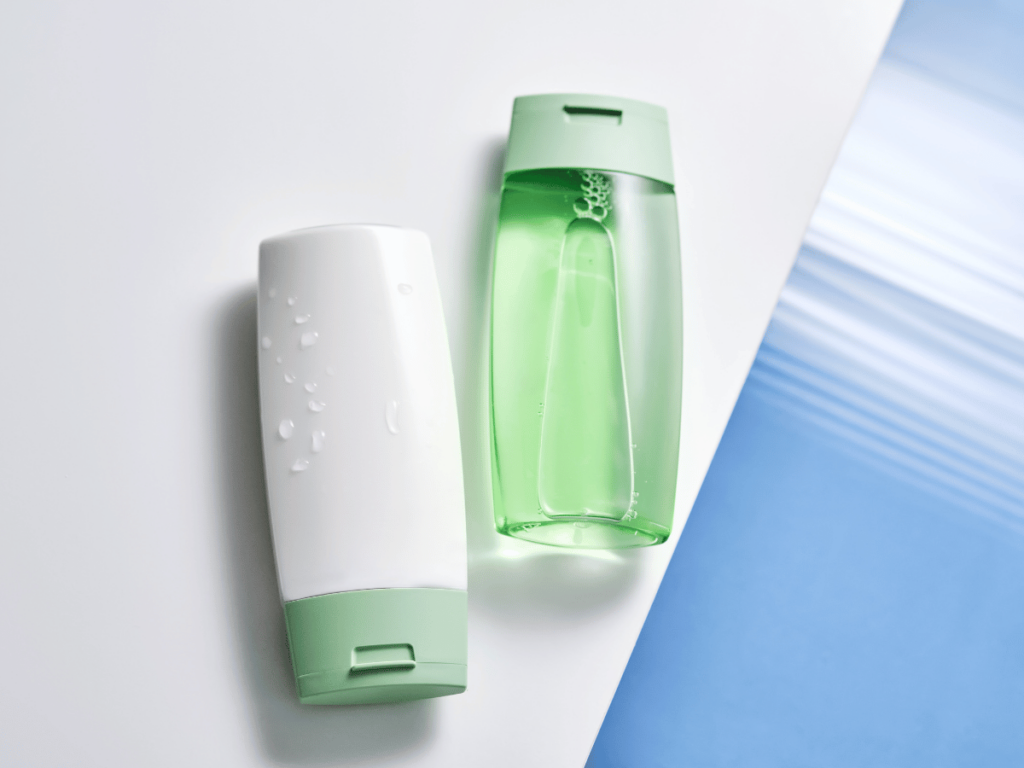
Powders
Sunblock powders are a newer form and are used primarily for the face. They help in setting makeup or for reapplying over it without disturbing the underlying products. They provide a matte finish and are perfect for oily skin types.

5. Key Ingredients in Sunblock
As you consider the various forms of sunblock available, it’s equally important to understand what goes into these products that makes them effective. The ingredients in sunblock play crucial roles in providing protection against the sun’s harmful UV rays. Here are some key ingredients commonly found in sunblock formulations:
Zinc Oxide
Zinc oxide is a mineral-based compound that provides broad-spectrum protection against both UVA and UVB rays. It works by sitting on top of the skin and reflecting sunlight away. This ingredient is often used in formulations for sensitive skin, as it is less likely to cause irritation.
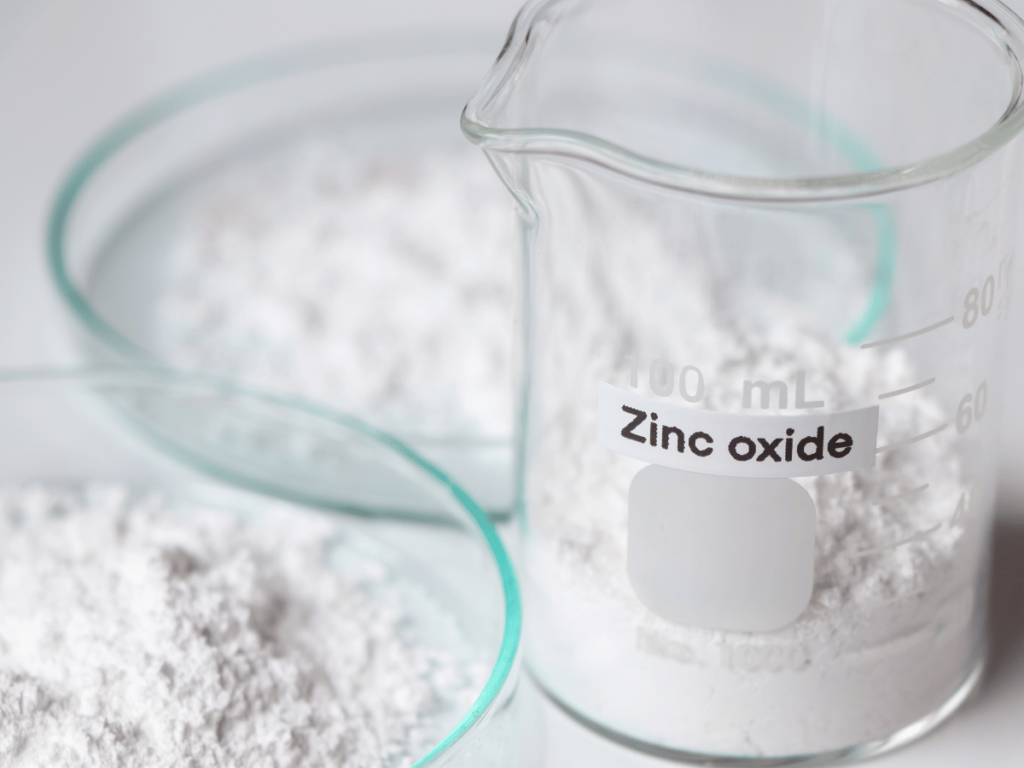
Titanium Dioxide
Another mineral ingredient, titanium dioxide, works similarly to zinc oxide, reflecting UV radiation away from the skin. It is also non-irritating and thus suitable for sensitive skin types, making it a common choice in sunblocks for children and those with sensitive skin.

Avobenzone
Avobenzone is a chemical ingredient that absorbs UVA radiation and converts it into less harmful energy. It is highly effective and widely used in many broad-spectrum sunblocks to ensure thorough protection from deeper penetrating rays.
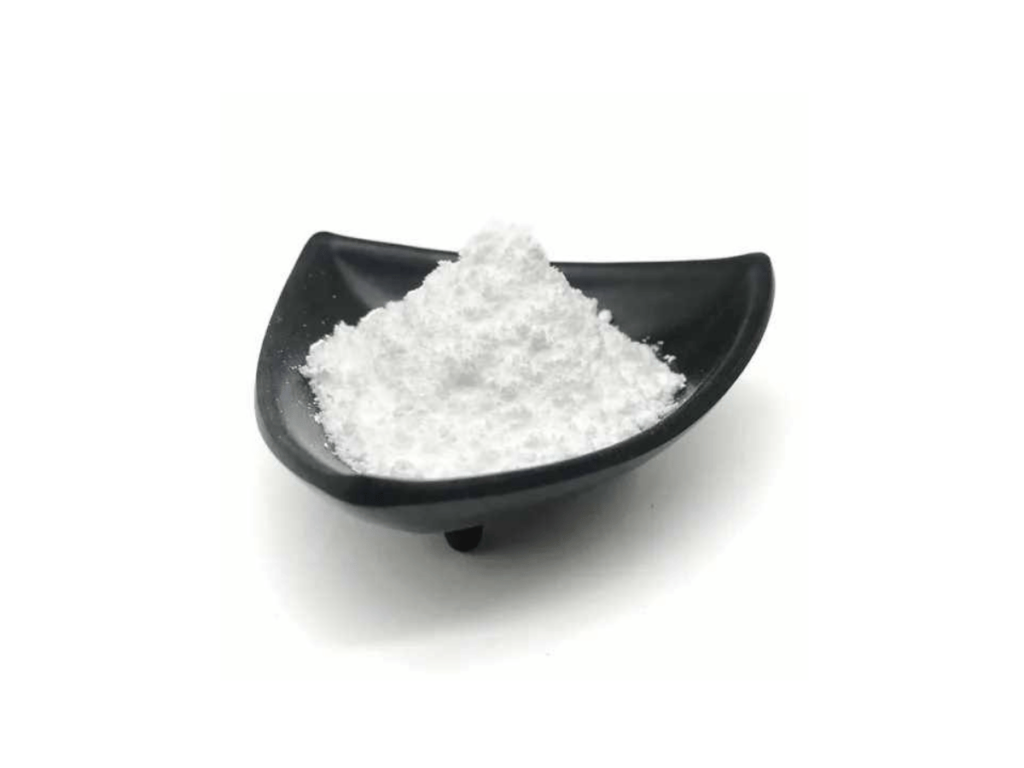
Octinoxate
Octinoxate is another chemical ingredient that primarily absorbs UVB rays, which are responsible for sunburn. It’s known for its effectiveness in protecting skin from burning and its use in combination with other UV filters to achieve comprehensive sun protection.
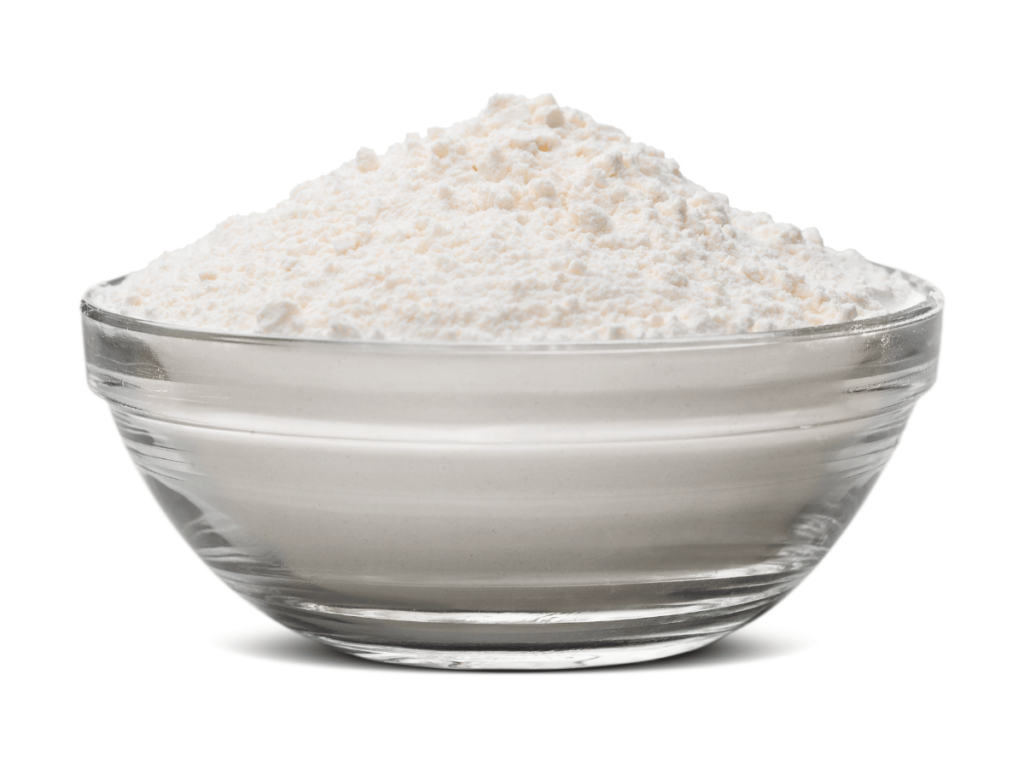
Oxybenzone
Oxybenzone absorbs UV radiation through its chemical structure, converting it into heat that is then released from the skin. This ingredient helps to cover both UVA and UVB rays, enhancing the efficacy of sunblock products. But wait, there’s more, oxybenzone’s performance in sunscreens not only protects the skin but also stabilizes other UV filters, boosting overall sun protection.
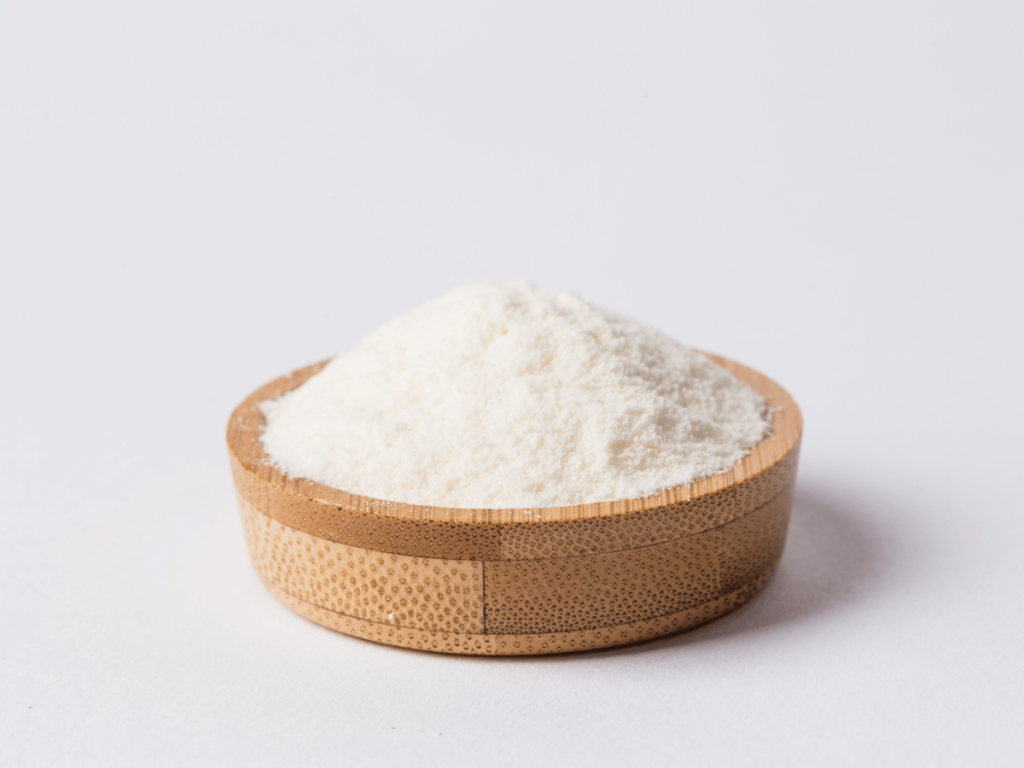
6. Proper Application and Usage of Sunblock
After understanding the key ingredients in sunblock, it’s crucial to know how to apply and use these products correctly to maximize their effectiveness. Effective application ensures that the protective ingredients form a proper shield against UV rays. Here are the best practices for applying sunblock:
Applying the Right Amount
It’s essential to use enough sunblock to cover all exposed skin thoroughly. For the average adult, about one ounce (enough to fill a shot glass) is needed to cover the body. Make sure to apply a thick enough layer to achieve the sunblock’s rated SPF protection.
Coverage of All Exposed Areas
Ensure to apply sunblock to all exposed areas, including often-missed spots like the ears, back of the neck, tops of feet, and the edges of clothing or swimwear. These areas are vulnerable to UV exposure and often overlooked during application.
Here’s a table summarizing the importance of comprehensive sunblock application to all exposed areas:
| Feature | Description | Benefit |
| Attention to Missed Spots | Including areas like ears, back of the neck, tops of feet, and under clothing edges. | Prevents sunburn and long-term damage in areas that are frequently overlooked. |
| Reapplication Guidelines | Advising on the need to reapply sunblock, especially after swimming, sweating, or toweling off. | Maintains effective sun protection throughout exposure, especially in active scenarios. |
| SPF Appropriateness | Using sunblock with an adequate SPF level based on the duration and intensity of sun exposure. | Matches the level of sun exposure with appropriate SPF to minimize skin damage. |
| Education on Application | Educating users on how to properly apply and use sunblock for maximum effectiveness. | Increases user compliance with sun protection practices, enhancing overall skin health. |
Timing of Application
TY Cosmetic sunblock should be applied 15 to 30 minutes before going outdoors to allow it time to absorb and start working. This is particularly important with chemical sunscreens, which need to bind to the skin to offer full protection.
Reapplication Throughout the Day
Reapply sunblock every 2 hours, or more frequently if involved in activities that induce sweating or involve water. Even water-resistant sunblock can wear off, so frequent reapplication is necessary to maintain protection.
Using Sunblock Even on Cloudy Days
UV rays can penetrate through clouds, so it’s important to wear sunblock even on overcast days. You might be surprised to learn that up to 80% of UV rays can reach the skin, even without direct sunlight. This underscores the necessity of regular sunscreen application, regardless of the apparent cloud cover.
7. 5 Tips for Choosing the Right Sunblock for Your Needs
According to Market Research Intellect, the sunblock market has seen rapid growth and maintains a positive outlook, with expectations of significant expansion through 2031. For businesses, selecting the appropriate type of sunblock is vital, as it not only maximizes protection but also meets specific consumer demands. This careful selection is key to offering top-tier products in the market. Here are some strategic tips:
#1 Broad-Spectrum Protection
Opt for sunblock that offers broad-spectrum protection to shield against both UVA and UVB rays. This feature is crucial for products that claim to prevent skin aging and lower cancer risk, enhancing a brand’s marketability and trustworthiness.
#2 Consider SPF Ratings
Stock a range of SPF ratings to cater to various consumer needs. For example, higher SPF products are ideal for individuals spending extended periods in the sun, while lower SPFs may be sufficient for brief daily exposure. Having a variety ensures that all consumer needs are met.
#3 Skin Type Consideration
Stock sunblock that caters to various skin types, including sensitive, oily, or acne-prone skin. For instance, mineral-based sunblocks are often suitable for sensitive skin, while gel-based sunblocks may be preferred for oily skin. Providing a range of product ensures that all consumer needs are addressed.
#4 Ingredient Conscious
Be mindful of the active ingredients in sunblock. Some consumers may prefer products free from certain chemicals, or those that are reef-safe. So what’s my point? Offering a range of products that consider these preferences can help businesses cater to a conscientious market. This approach not only meets customer demands but also supports sustainable practices.
#5 Product Form
The form of sunblock can influence consumer preference and usage patterns. Offer a variety of forms, such as creams, lotions, sprays, and sticks, to cater to different preferences and usage scenarios. This versatility allows clients to choose products that best suit their application styles and lifestyle needs.
Dive Deeper Into Our Resources
For some insightful reads, we’ve curated a list of recommended articles just for you:
Still haven’t found what you’re looking for? Don’t hesitate to contact us. We’re available around the clock to assist you.
Conclusion
Are you seeking a trusted partner to elevate your brand’s sunblock offerings? At TY Cosmetic, we specialize in creating sun protection products that blend superior protection with skin-enhancing benefits. With our cutting-edge technology and deep understanding of skincare science, we provide solutions that not only protect but also contribute to the overall health and beauty of the skin.
In conclusion, our discussion underscores the importance of choosing the right manufacturing partner for your sunblock products. By collaborating with TY Cosmetic, you gain access to industry-leading expertise and innovative formulations that set your brand apart. Contact us today to discover how we can help you succeed in the competitive skincare market.


